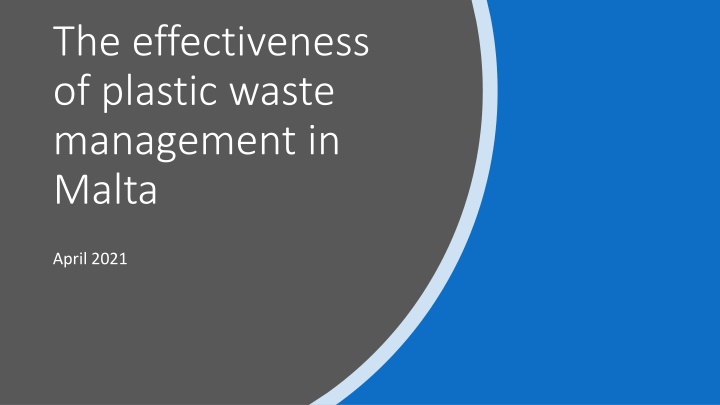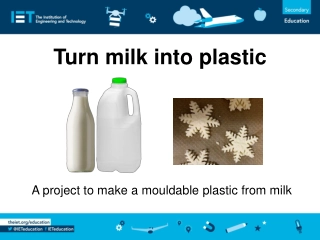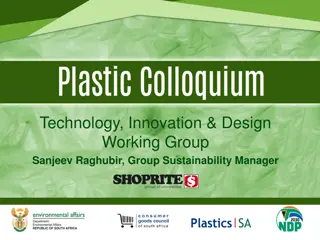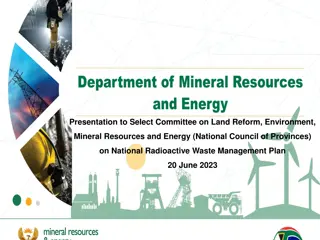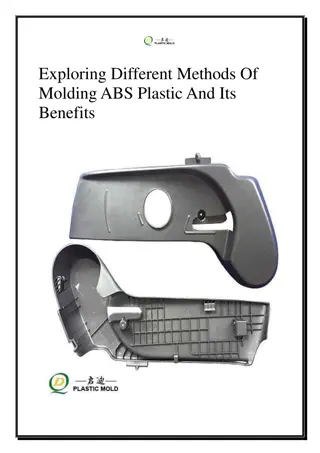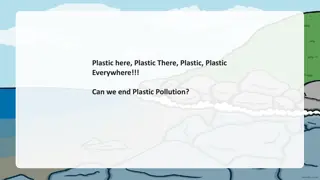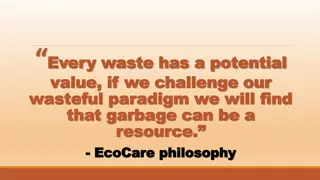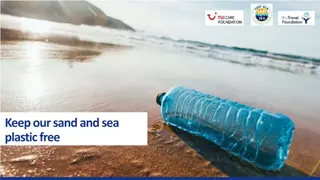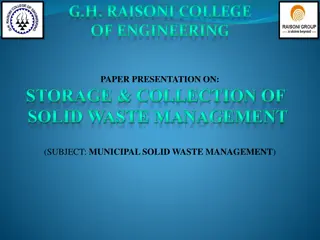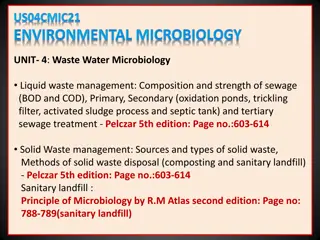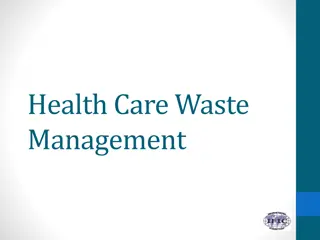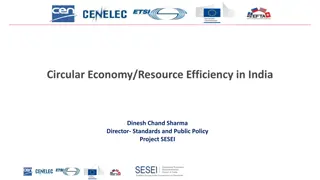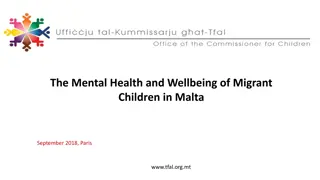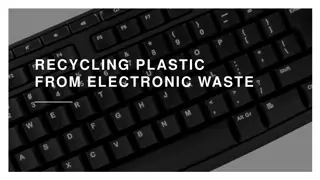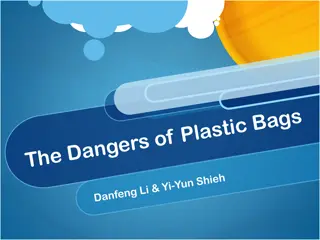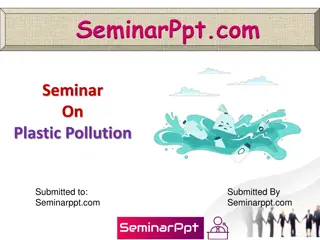Plastic Waste Management in Malta: Current Challenges and Opportunities
Malta faces challenges in managing plastic waste effectively due to imported plastic, unmet targets, and limited infrastructure. The audit aims to assess legislative frameworks, data reliability, implementation effectiveness, and enforcement. National strategies focus mainly on plastic packaging waste, with gaps in addressing online purchases and landfilling incentives. The legislative alignment with the European framework is noted, but improvements are required for comprehensive plastic waste management.
Download Presentation

Please find below an Image/Link to download the presentation.
The content on the website is provided AS IS for your information and personal use only. It may not be sold, licensed, or shared on other websites without obtaining consent from the author.If you encounter any issues during the download, it is possible that the publisher has removed the file from their server.
You are allowed to download the files provided on this website for personal or commercial use, subject to the condition that they are used lawfully. All files are the property of their respective owners.
The content on the website is provided AS IS for your information and personal use only. It may not be sold, licensed, or shared on other websites without obtaining consent from the author.
E N D
Presentation Transcript
The effectiveness of plastic waste management in Malta April 2021
The prevailing situation Audit aim and objectives The legislative and strategic frameworks Contents Data Management Implementation of measures Financial costs
All plastic in Malta is imported in either granular form or already processed The supranational and frameworks set out a number of measures and targets with respect to packaging waste and single- use plastics Plastic waste targets were generally not attained A significant amount of recyclable / re-usable plastic is being landfilled Malta only has one Material Recovery Facility (MRF), which was partially destroyed in a fire in 2017 Malta, being a small state, is disadvantaged through diseconomies of scale when exporting plastic waste and in the cost efficiency of processing national legislative The prevailing situation
Audit objectives Implementation, Monitoring and Enforcement Legal and Strategic framework Data assess whether the legal instruments and policies in place are adequate to provide proper plastic waste management and effective in the context of planned goals determine whether plastic waste management data is comprehensive and reliable assess whether implementation, monitoring and enforcement are effective
Maltas legislation reflects the European framework on the subject matter
A number of national strategies on waste are based on the national legislation The main legislative instrument that regulates plastic waste focuses on one type of plastic waste: plastic packaging waste The definition of packaging waste omits references to online purchases and shopping from abroad Legally established gate fees encourage landfilling The national and The national and EU legislative EU legislative frameworks are frameworks are not broad not broad enough to enough to effectively effectively manage plastic manage plastic waste waste
2017 data maintained by the Environment Resources Authority (the Regulator) show the following: 68% of plastic waste collected was landfilled Only 96T of plastic waste should have been landfilled (as opposed to 46,605T) 8.96T of RDF made of plastic was exported 9,431T of plastic waste were recycled Data management
The actual yearly amount of plastic placed on the market is not known and is assumed to be equivalent to the amount of waste collected Official data on plastic waste management are available two years in arrears Data management Characterisation surveys to determine the composition of recyclable plastics within Municipal Solid Waste are not regularly undertaken
Malta has Malta has not attained not attained a number of a number of legally legally- - binding binding plastic waste plastic waste targets targets
Factors contributing to the current situation Malta s waste infrastructure is insufficient Separation-at-source opportunities are not being fully exploited A number of strategic measures are still to be implemented Enforcement actions undertaken by the Regulator are generally reactive
Government is Government is shouldering most of shouldering most of the costs involved in the costs involved in plastic waste plastic waste management management Government remains the main stakeholder with a 100 per cent share of WasteServ Government subvention in 2018 stood at 27.6 million. Additional revenue generated amounts to 7,026,465. Government is directly assuming responsibility for 86 per cent of the waste treatment operations in terms of their financial costs. MECP is trying to address the foregoing through the Waste Management Plan (WMP) (2014 2020) measures which are being carried forward to the latest WMP (2021 2030). by this company
Overall conclusion Overall conclusion Separation-at-source initiatives are not being fully exploited However, the investment alone is not sufficient: The polluter pays principle is not being fully implemented Increased adoption of circular economy principles to attain SDG targets Efforts by all stakeholders No doubt about the required investment in waste management facilities An effort to reduce plastic production at the outset
Strategic Data collection Expedite action to adopt new and revised strategies Revision of gate fees to reflect the full cost of waste management Revision of compensation agreements Improve waste separation-at-source Operational Carry out characterisation surveys on a more regular basis Carry out risk-based assessments to determine areas requiring enforcement To strengthen the enforcement function Each waste stream is to be costed Recommendations
